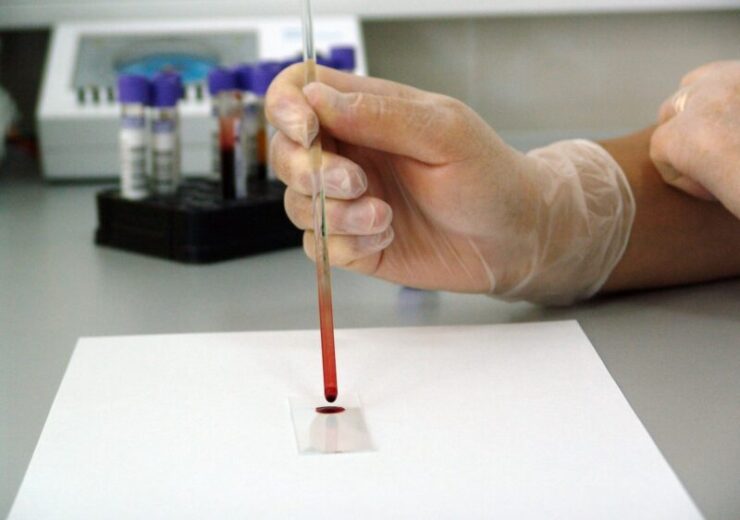The objectives of the study include assessing the Freenome's test's sensitivity, specificity, positive and negative predictive values in identifying lung cancer in participants over 12- and 24-month follow-up periods

Freenome launches clinical study for its lung cancer screening test. (Credit: PublicDomainPictures from Pixabay)
Freenome has started its PROACT LUNG clinical study to validate the clinical performance of the Freenome blood test for the screening of lung cancer.
The US-based biotechnology company has developed the test on its proprietary multiomics platform. This is the second blood-based test developed on the platform.
The screening test combines lung cancer-specific biomarkers with cancer-common markers detected on the multiomics platform.
PROACT LUNG is a prospective observational clinical trial in 20,000 participants in up to 100 sites across the US, with the potential for additional sites in other parts of the world.
It will assess the test in existing and former smokers 50 years and older who are candidates for screening with a low-dose CT (LDCT) scan, as per the updated screening guidelines.
The objectives of the study include assessing the Freenome test’s sensitivity, specificity, and positive and negative predictive values in identifying lung cancer in participants over 12- and 24-month follow-up periods.
Using the study’s data, the biotechnology firm plans to apply for the test’s approval from the US Food and Drug Administration (FDA).
Freenome chief medical officer Lance Baldo said: “Freenome is answering the call for better screening tools with a test that identifies the diverse range of biomarkers associated with this highly heterogeneous cancer.
“Our expanding healthcare partnerships will increase access to these improved tools.”
Freenome is engaged in the development of multiomics blood tests for early cancer detection. Its multiomics platform uses a standard blood draw for early cancer detection.
The platform has been used by the biotechnology firm in partnership with Merck in 2022 to identify molecular features of non-small lung cell cancer (NSCLC) patients.
In 2020, it was also used in collaboration with Novartis to detect prognostic and predictive biomarkers of response to standard of care treatment in NSCLC patients. The company also collaborated with Siemens Healthineers to improve breast cancer diagnosis in 2021.
